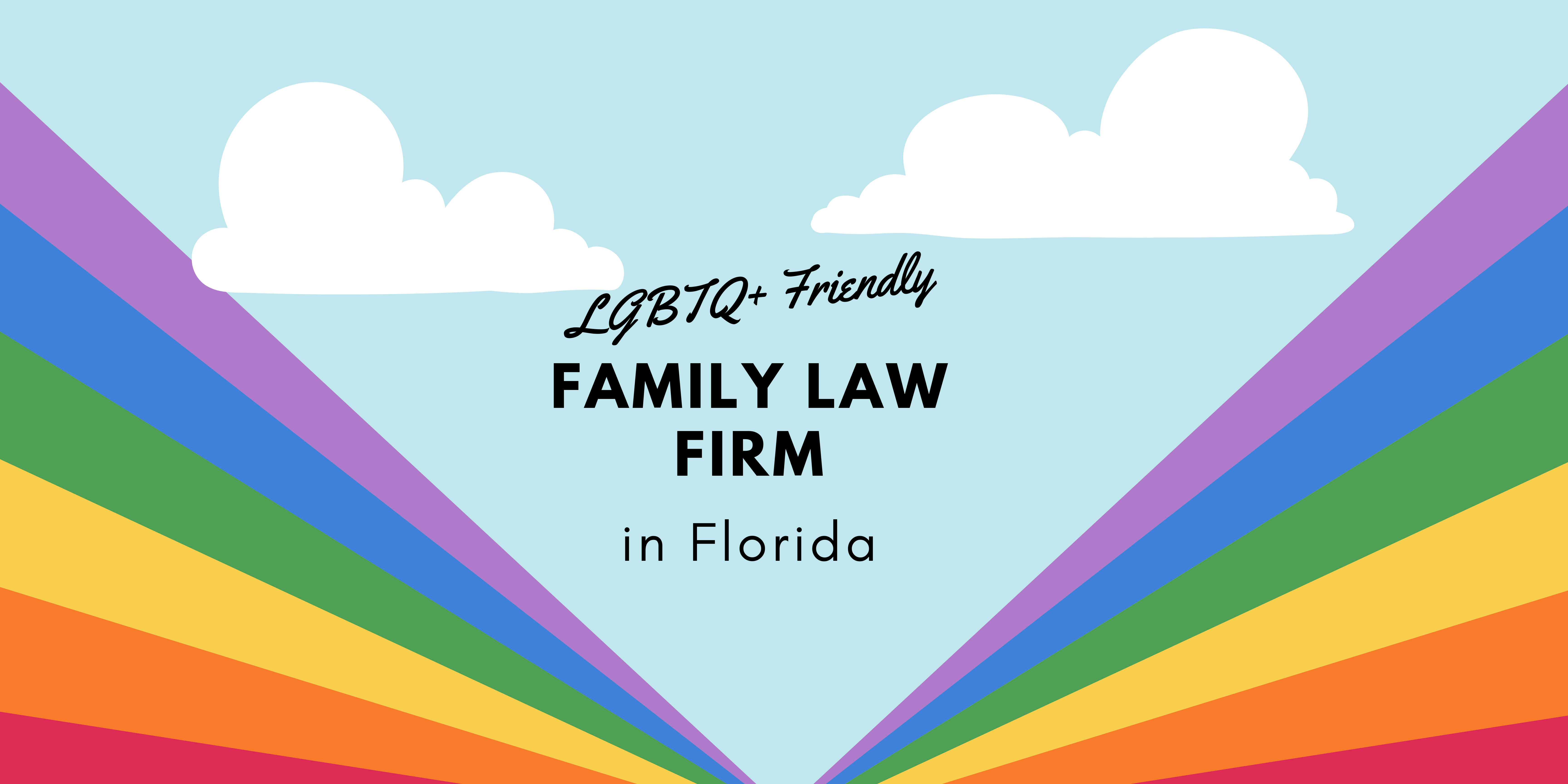How to Legally Change Your Name in Florida: A Step-by-Step Guide
Are you considering changing your name in Florida? Whether it’s for personal, professional, or other reasons, the process can seem daunting. However, with a clear understanding of the steps involved and the assistance of an experienced attorney, you can navigate this legal procedure smoothly. Here’s a comprehensive guide to help you through the process.
Step 1: Meet the Residency Requirement
First and foremost, you must be a resident of Florida. The courts will require proof of your residency, such as a driver’s license, state ID, or utility bill. Even if you were born outside of Florida, the Courts will grant current residents a legal name change.
Step 2: Fill Out A Name Change Worksheet
To initiate the name change process, it helps to complete a name change worksheet. We can provide you with a copy of this form, which includes a checklist in plain English of all the information that you will need to gather for the petition for a legal name change. Among other things, you’ll need to provide your current name, the name you wish to adopt, and the reason for the change. Be honest and detailed, as the court will review your reasons thoroughly. If you have trouble filling out the form, we can help you.
Step 3: Obtain a Background Check
Florida law requires a state and national criminal background check for adults seeking a name change for themselves or for a minor child. You must be fingerprinted by an authorized law enforcement agency or service provider. The fingerprints will be submitted to the Florida Department of Law Enforcement (FDLE) and the Federal Bureau of Investigation (FBI) for background checks. This step ensures that the name change isn’t being pursued for fraudulent purposes or to avoid legal obligations. We will let you know where you can go to get this step completed.
Please keep in mind that Florida will not permit you to change your legal name if your civil rights are suspended. Your civil rights are automatically suspended if you have been convicted of a felony. You may still be able to achieve a legal name change if you have been convicted of a felony but your civil rights have been restored. The process to have your civil rights restored depends on where one was convicted of a felony. For example, if you were convicted in Florida, you have to apply to restore your civil rights, but that process can take years. Other states automatically restore civil rights upon the completion of a prison sentence and all terms of probation.
Step 4: File Your Petition with the Court
Once you have your completed name change worksheet and background check results, we will file your petition with the clerk of court in your county (please note that, depending on the county, you may need to get your background check after your petition is filed; we will let you know if this is the case). There will be a filing fee, which varies by county. The results of the background check will go directly to the clerk of the court. After filing, in most counties, the court will schedule a hearing date, though some counties do not require any hearing.
Step 5: Attend the Court Hearing
At the hearing, you will be placed under oath and present your case to a judge. We will prepare you beforehand to answer questions about why you want to change your name and to provide any additional documentation the judge may request. If the judge finds your request reasonable and lawful, they will issue a Final Judgment of Change of Name. As of the date of this post, we have found that all counties in which we have filed actions for name changes permit you to appear at hearings via Zoom or telephone. We have helped clients all over the State of Florida, and in the last few years we have not encountered a judge that required the person requesting a name change to appear in person.
Step 6: Update Your Records
We will provide you with instructions about how to receive certified copies of your court order, and you’ll need to update your name with various agencies and institutions. This includes the Social Security Administration, the Department of Motor Vehicles, your bank, employer, and others. Each organization has its own process for updating records, so be prepared to provide a certified copy of your court order. We will provide you with a checklist of entities with which you may need to change your legal name, and instructions for common documents you will want to change such as your driver’s license, passport, and social security card.
Why You Should Consider Hiring an Attorney
While it’s possible to navigate the name change process on your own, having an experienced attorney by your side can be incredibly beneficial. Here’s why:
1. Expert Guidance
As attorneys familiar with the process, we can ensure you meet all legal requirements and deadlines, reducing the risk of delays or denials. We will tell you upfront whether you are likely to qualify.
2. Detailed Paperwork
Legal forms and petitions can be complex. We can help you accurately complete and file all necessary documents.
3. Court Representation
Having a lawyer represent you at the hearing can provide peace of mind. We can effectively communicate your reasons for the name change and address any concerns the judge may have on the spot. We will also prepare you ahead of time on what to expect during the court hearing.
4. Problem Solving
If complications arise, such as discrepancies in your records or a history of bankruptcy, we can help resolve these issues and advise you on the best course of action.
5. Streamlined Process
With our professional assistance, the entire process can be more efficient and less stressful, allowing you to focus on the exciting changes ahead.
Changing your name is a significant decision and legal undertaking. By understanding the steps involved and seeking legal support, you can make this transition smoothly and confidently. If you’re considering a name change, contact our office today for a consultation. We’re here to help you every step of the way.
Attorney Adam B. Cordover has been helping clients achieve legal name changes all over the State of Florida since 2009. Whether you are in Tampa Bay, Greater Sarasota, Orlando, South Florida, the Panhandle, or elsewhere, we can help you. We represent clients virtually throughout Florida.







